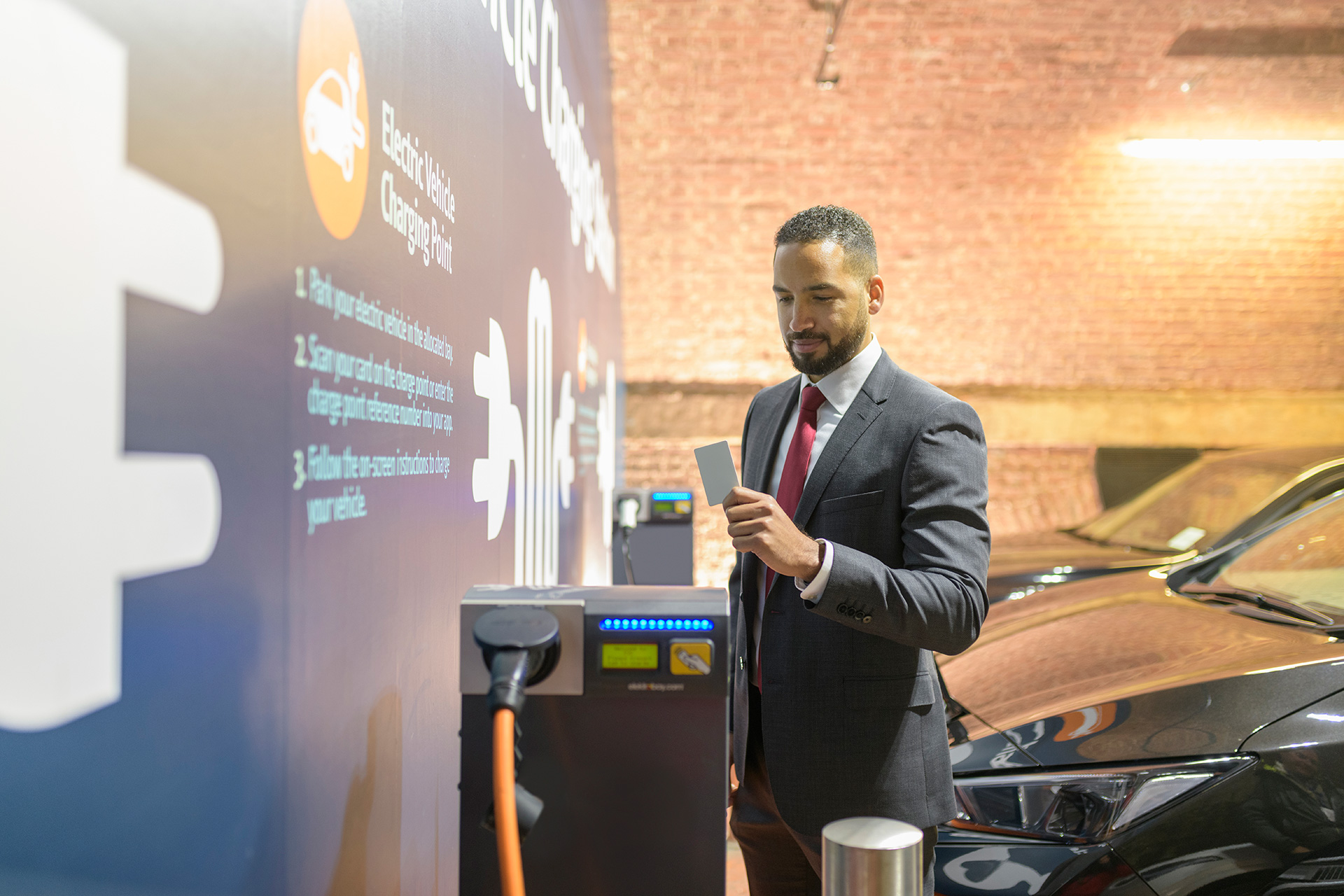14 October 2020
The Electric Vehicle Energy Taskforce was set up to address a range of questions related to meeting the demands of the wide scale adoption of Electric vehicles (EV) on the electrical networks. The Electric Vehicle Energy Taskforce established four Work Packages to consider the following issues:

Work Package 3 was asked to focus on the technical requirements for smart charging, all forms of charging were in scope. In the Section: Response to Specific Questions you will find the specific questions set for Work Package 3 and it’s answers in summary. The key objective for Work Package 3 was to ensure that Distribution System Operators (DSOs) and possible Electricity System Operators (ESOs) can send signals to market participants that will reliably result in modifications to EV charging patterns, allowing them to minimise the need for costly network reinforcement. Work Package 3 recognised that this should also consider support of load management in response to energy availability. The question of whether there are sufficient incentives for consumers to respond to the signals was considered outside of the scope of Work Package 3; the group simply focused on ensuring that there were the technical foundations to support this service.
Work Package 3 identified four key themes during its work, these were:
Work Package 3 has managed to address many of the questions set for us. There are some exceptions to this:
There was insufficient time or suitable governance in place to carry out a detailed technical analysis, so our recommendations are limited to government and industry setting up the necessary governance and technical groups to agree detailed requirements.
We could not find consensus on the issue of chargepoint operator (CPO) interoperability; that is the freedom of a customer to switch the operation of their chargepoint (CP) from one CPO to another without having to replace the CP or for a technician to visit the site. There were strong arguments for and against this capability while the market and technology are immature, and about whether interoperability would reduce the value of the CPO market.
The Work Package 3 proposal is to defer mandating CPO interoperability at this time but to begin developing suitable standards and certification regimes that would support CPO interoperability.
For more information